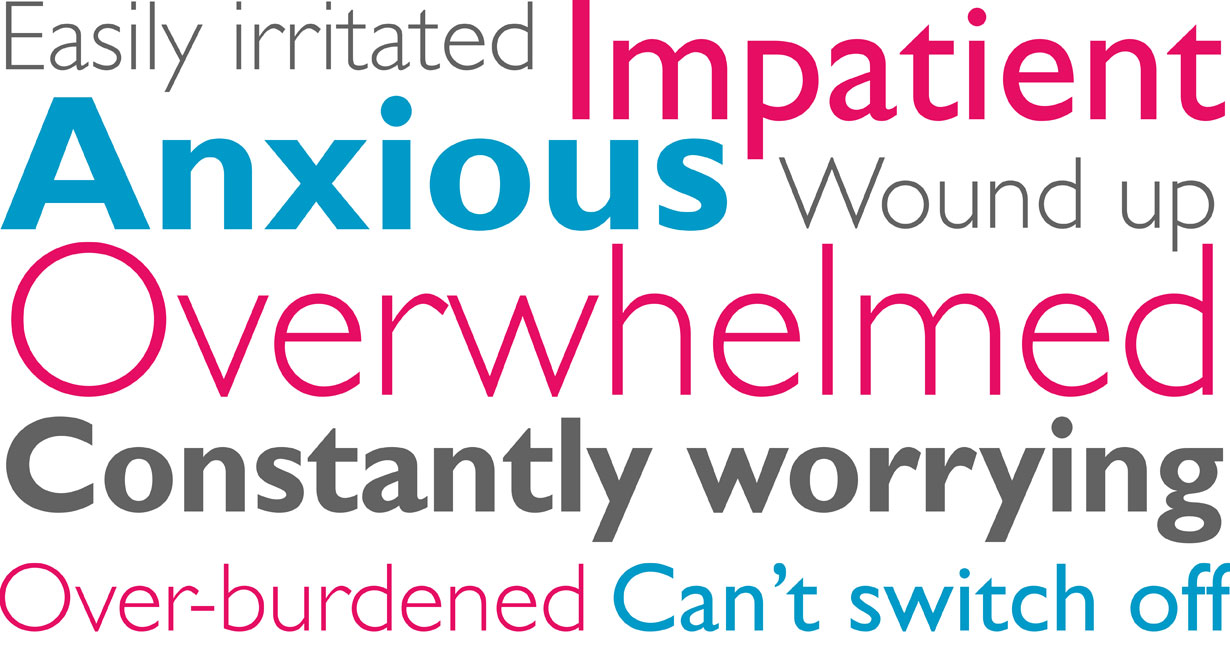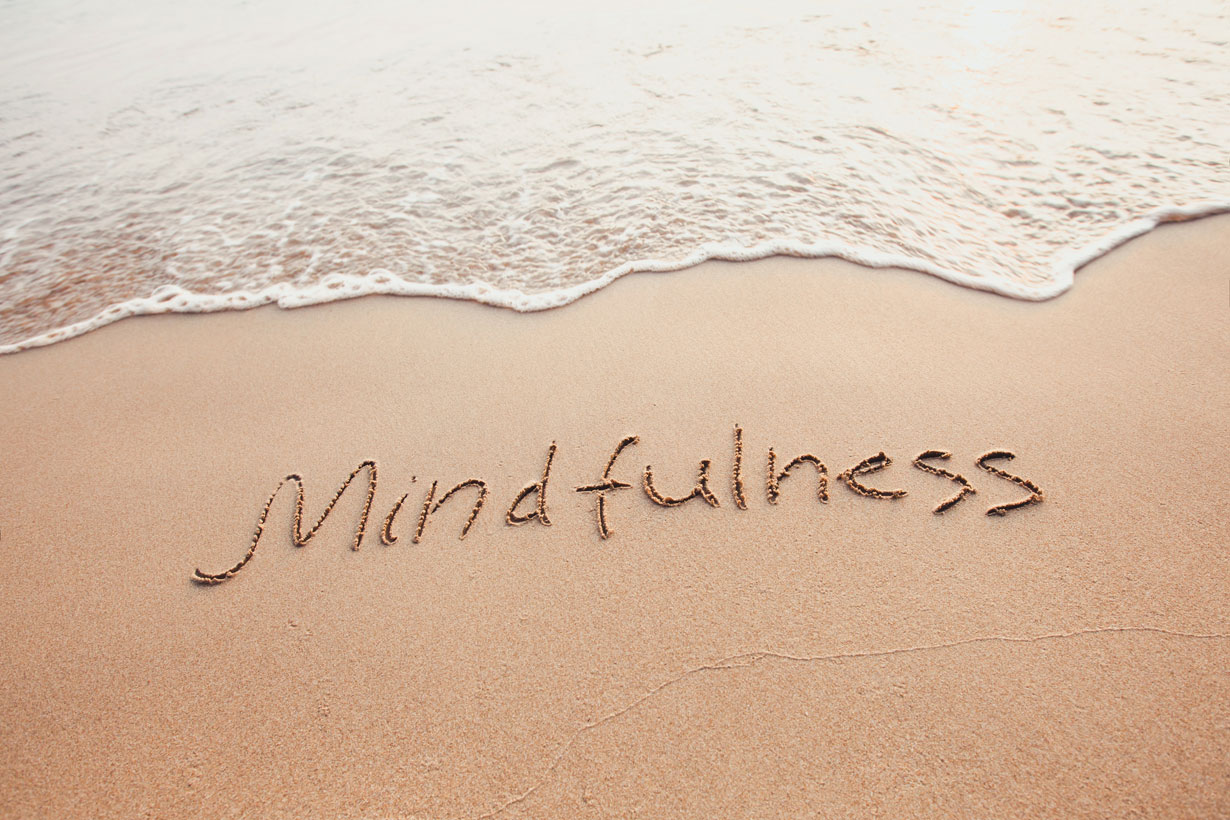
Stress
Stress facts
-
1A certain amount is stress is normal and can be useful
-
2Lots of people with epilepsy have problems with stress
-
3Being stressed can make seizures more likely
-
4Stress can cause physical problems which can be quite frightening
-
5The parts of the brain which regulate the stress response are also often involved in epilepsy
-
6Stress isn’t a mental health condition, but if stress goes on for too long it can result in other conditions such as anxiety or depression
Recognising stress
Here are some words and phrases that people use to describe how stress makes them feel.

Stress can also affect people’s behaviour and cause physical symptoms.
-
Behaviour
- Drinking more
- Smoking more
- Eating too much
- Not eating enough
- Not enough sleep
- Being snappy
- Tearful or crying
- Unable to concentrate
- Difficulty making decisions
-
Physical symptoms
- Tiredness
- Problems sleeping
- Panic attacks
- Headaches
- Losing interest in sex
- Feeling nauseous
- Chest pains
- High blood pressure
- Palpitations
- Difficulty breathing
Top tips
- Keep a diary – this can help you work out what affects your stress levels – it might be related to hormones and seizures
- Check the side-effects of your epilepsy medicine. Feelings of stress may be a side-effect
- Some people find stress tracker apps help them to see their changing stress levels. They can help work out what causes you stress and how to manage it. Search your app store
- Find ways to manage your stress. See some tips below


Be as active as possible
Eat a balanced diet
Learn some relaxation techniques
Learn about mindfulness (more info below)
Do things you enjoy
Spend time with friends
Share your feelings
Ask for help
Get a good night’s sleep
Limit how much alcohol you drink
Organise your time
This might sound easier to do than it does in practice, but evidence shows these tips can really help.

Watch
Stories by you
Do you have an experience about stress that you’d like to share? Get in touch

Do something
Watch the video above about the stress bucket.
What things add stress to your bucket? What things release stress from your stress bucket?
How can you make time to do things that release stress from your bucket?
Relaxation exercises
Some people find relaxation exercises helpful in managing stress. Here are some ideas:

Mindfulness
One thing that has been shown to help reduce stress and improve mental wellbeing is mindfulness.
Mindfulness is a practice that teaches us to connect with the world around us and ourselves.
When you are practicing mindfulness, you pay attention to the present moment – what is happening with your thoughts, feelings and the world around you. It lets you slow down and take notice of these things.
Mindfulness has been found to be effective in relieving a broad range of conditions, including stress and depression.
Mindfulness may not be suitable for everyone. If in doubt, check with your doctor.
Watch
What is Mindfulness? A short animation by Smiling Mind







